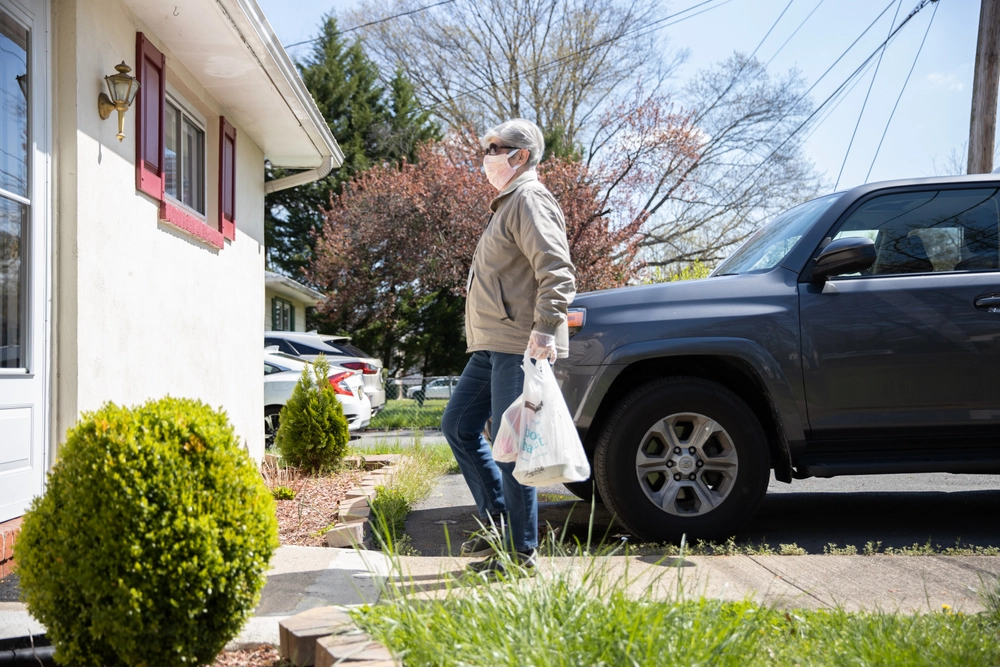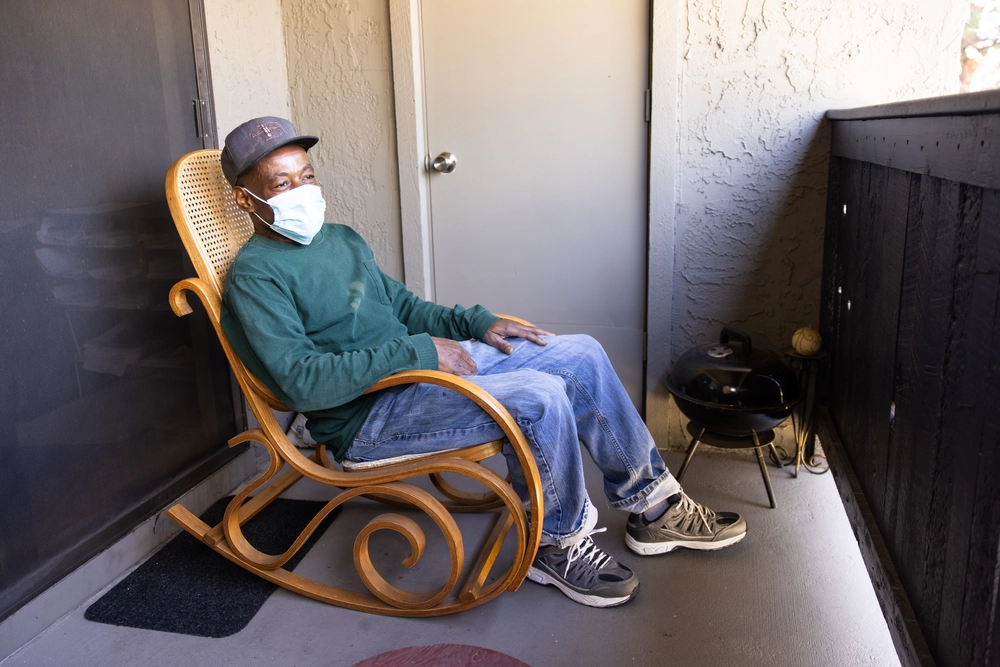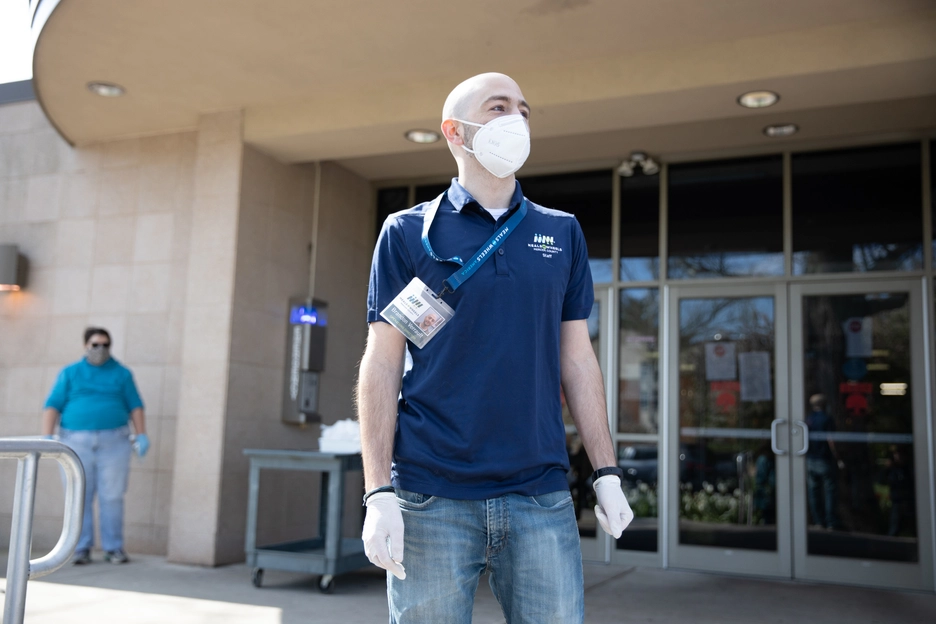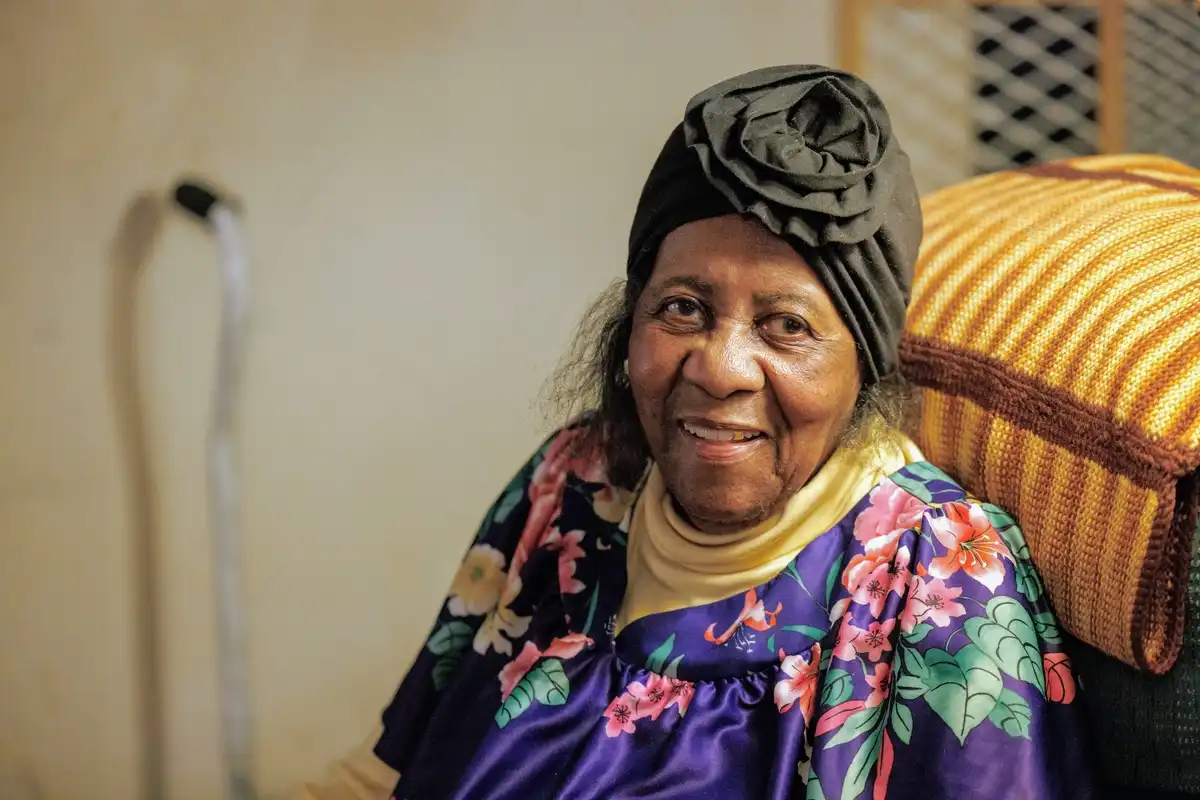Links & Downloads
This study, conducted in the midst of the COVID-19 pandemic in November 2021, provides a snapshot of how local Meals on Wheels providers were impacted and how they adapted to rapidly changing circumstances.
To secure an updated and actionable understanding of providers’ needs, practices and beliefs, as well as their interests and visions for the future, Meals on Wheels America launched the 2021 Member Perspectives and Practices Survey.

Key Findings
Providers continued to serve those in need of services throughout the pandemic, despite facing an increase in demand.
- 82% were still serving more home-delivered meals than they were before the pandemic, and 42% were still serving 50% more home-delivered meals than they were pre-COVID.
- 75% said they had innovated in ways that would change their business practices forever, figuring out things like how to continue services without interruption, how to provide meals more efficiently and other innovations.
Providers believed there were more seniors in their communities who would benefit from nutrition services whom they were not currently serving.
- 97% believed there were seniors in their community who needed meals whom they were not currently serving.

A number of challenges and constraints were prevalent among providers looking to sustain and grow their services.
- 63% of providers reported not having enough people to deliver meals.
- 40% felt constrained in their options or ability to make changes due to rules dictated by their funding sources.
- 32% indicated supply chain issues were having an impact on securing enough food.
Even at elevated service levels, many providers were confident they could still do more and were building the capacity to do so.
- Most providers (69%) felt confident that they would be able to serve 10% more seniors in the two to three months following the survey, assuming there was funding available to support them, even though 8 out of 10 were already operating at higher volumes than prior to the pandemic.
Providers have internalized the mindset of being flexible, adaptable and responsive to new opportunities. They believe in their work and that their capacity and impact has grown and can continue to grow, and that they can overcome various challenges with support from a collaborative network. They have been improving their processes to eliminate waste and operate more efficiently. In their new agile shoes, they are ready to grow their capacity for collection and use of data, as well as being ready to expand their services and reach more underserved and/or unserved clients in their community — which can happen if they can find enough drivers and volunteers in a job market that is increasingly competitive and enough food to meet the need in a global supply chain crisis.
Download Snapshot
In reproducing any excerpts of this report, please provide a credit that recognizes Meals on Wheels America, such as: Meals on Wheels America. (2022). 2021 Member Perspectives and Practices Survey. https://www.mealsonwheelsamerica.org/research/member-perspectives-practices-survey/

